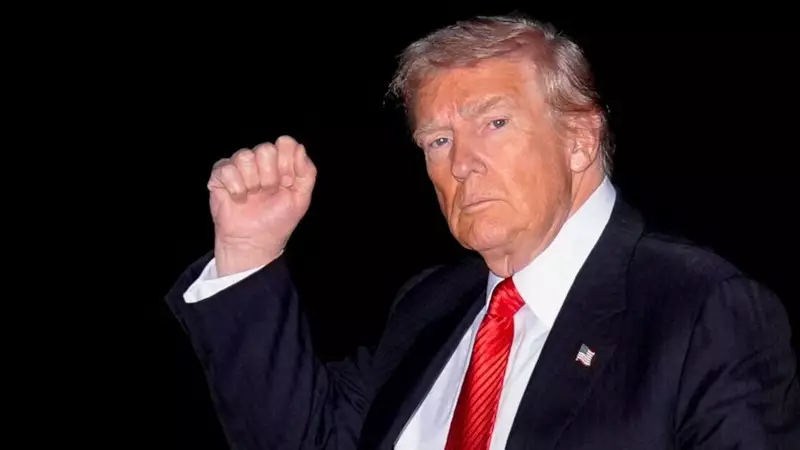
In a significant development that could reshape global nuclear dynamics, former US President Donald Trump has advocated for the resumption of nuclear weapons testing by the United States. This call comes amid mounting concerns about rapid advancements in nuclear capabilities by geopolitical rivals China and Russia, along with continued testing activities by Pakistan.
The Changing Global Nuclear Landscape
The international security environment has undergone dramatic shifts since the United States last conducted underground nuclear tests in 1992. According to Trump's assessment, America's current nuclear testing hiatus has created strategic vulnerabilities while other nations continue to advance their weapons programs.
China's nuclear expansion has emerged as a particular concern, with intelligence reports indicating substantial growth in their arsenal and testing facilities. Similarly, Russia's modernization of its nuclear forces and development of novel delivery systems has raised alarms among Western defense analysts.
Regional Implications and Pakistan's Role
The nuclear equation extends beyond major powers to regional players. Pakistan's continued nuclear testing activities add another layer of complexity to an already volatile security environment in South Asia. This development carries significant implications for regional stability and the broader non-proliferation framework.
Potential Consequences of Renewed Testing
Should the United States heed Trump's advice and resume nuclear testing, several outcomes appear likely:
- Acceleration of the global nuclear arms race
- Potential collapse of existing test ban treaties
- Increased geopolitical tensions among nuclear powers
- Environmental concerns regarding testing sites
- Renewed international diplomatic friction
Strategic Calculations and Future Directions
The debate over nuclear testing reflects broader questions about America's position in the evolving world order. Proponents argue that maintaining technological superiority requires practical testing, while opponents emphasize the risks of triggering a new arms race and undermining non-proliferation efforts.
As the discussion gains traction within defense circles, the ultimate decision on US nuclear testing policy will likely depend on evolving threat assessments and strategic calculations about maintaining deterrence in an increasingly multipolar nuclear landscape.





